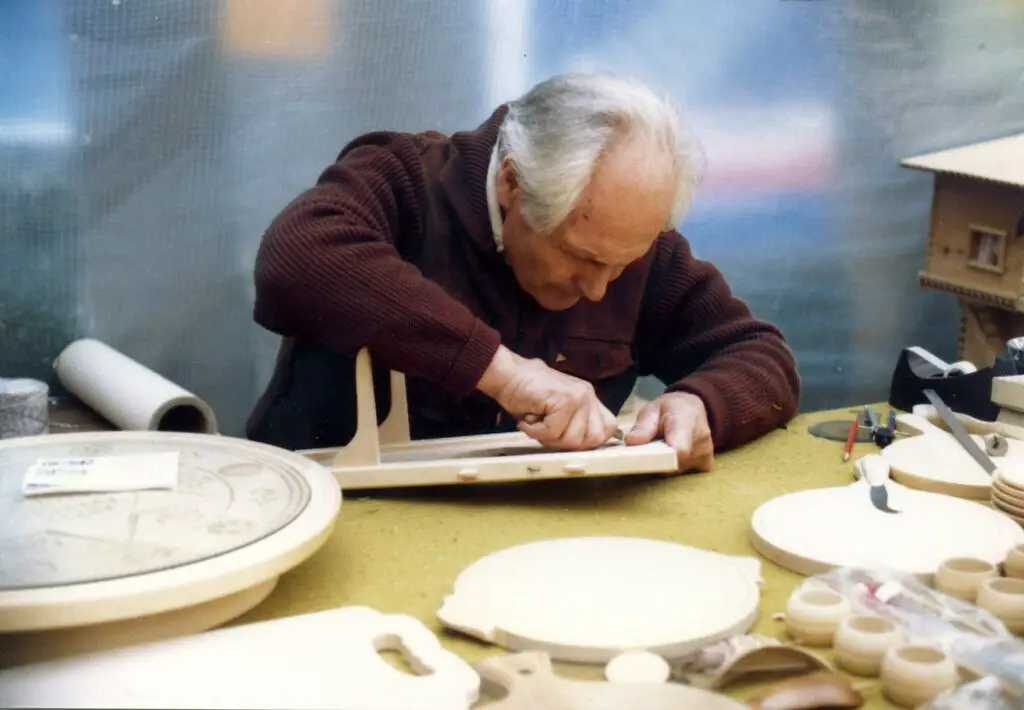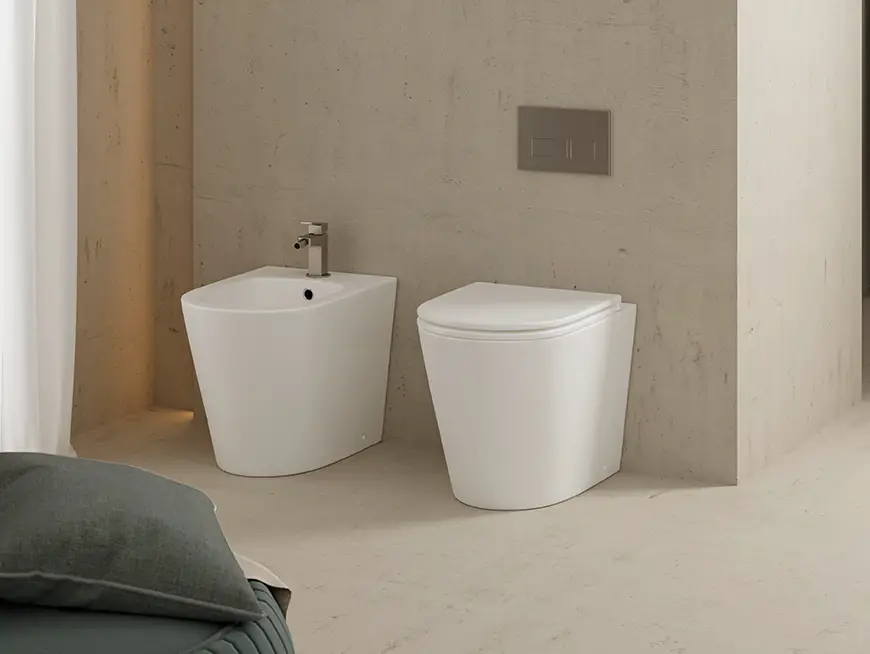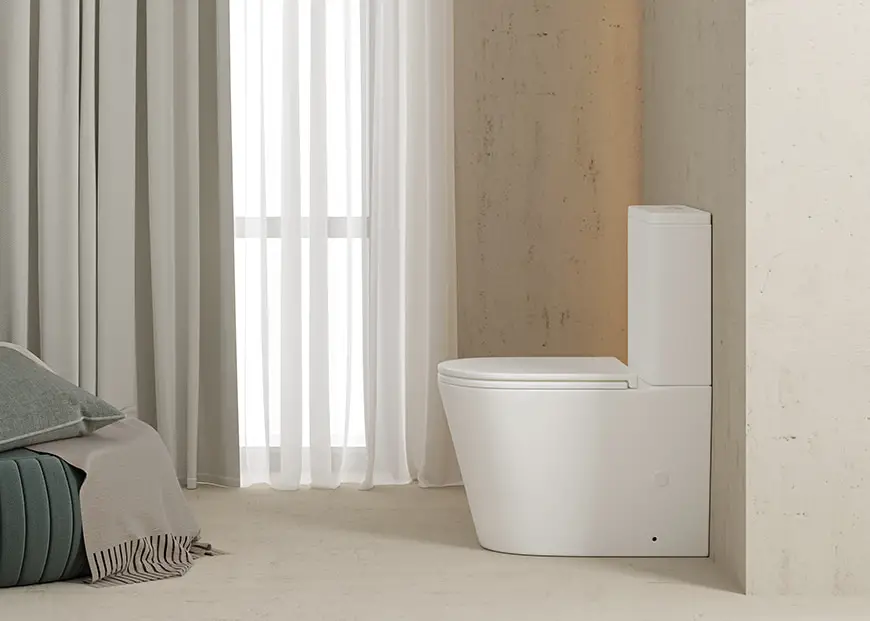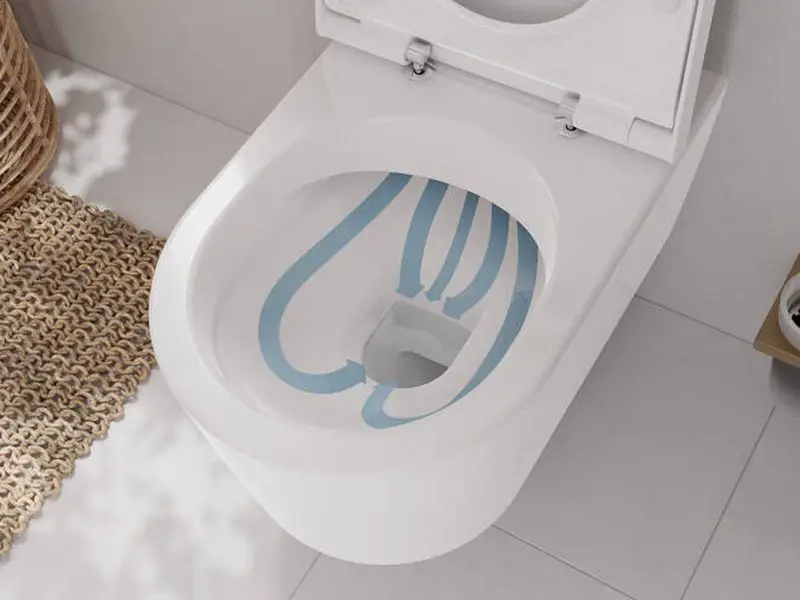10 Useless Things Boomers Keep That Are Just Taking Up Space

Many Baby Boomers have a habit of holding onto things long past their usefulness. Whether it is out of nostalgia, a belief that they will be needed someday, or simply resistance to decluttering, these items often pile up, taking over valuable space. While keeping sentimental items is understandable, holding onto things that serve no purpose only creates unnecessary clutter. If you are wondering what to let go of, here are ten common but useless things Boomers keep that are just collecting dust and taking up space.
1. Outdated Technology and Old Cables

From VHS players to outdated printers and tangled boxes of mystery cables, many Boomers have a stash of old tech that no longer serves a purpose. With streaming services replacing DVDs and cloud storage making floppy disks obsolete, there is little reason to keep these relics of the past. Old chargers, landline phones, and defunct remotes only create clutter, yet many keep them “just in case.” The reality is, they are rarely, if ever, used. Instead of letting these outdated gadgets take up space, consider recycling them through electronic waste programs or donating them to organizations that repurpose old technology.
2. Stacks of Yellowing Newspapers and Magazines

Many Boomers have piles of old newspapers and magazines, convinced they hold historical or sentimental value. While some may contain nostalgic moments, most of these stacks are just taking up space and gathering dust. Any important information or articles in them are likely already digitized and accessible online. Unless they are rare collector’s items, they have little to no value. These paper mountains also create a fire hazard and attract pests. Instead of letting them pile up, it is best to recycle old newspapers and magazines or keep only a small selection of meaningful editions.
3. Decorative China Sets That Never Get Used

Countless Boomers have cabinets filled with delicate China sets that are only brought out for special occasions—if at all. Passed down from previous generations or collected over the years, these dishes often just sit there, untouched and forgotten. Since modern lifestyles rarely call for formal dining, and younger generations prefer more practical dishware, these sets end up as expensive clutter. Instead of letting them collect dust, consider selling them to collectors, donating them to a vintage shop, or repurposing them in a creative way. Keeping only a few sentimental pieces rather than an entire set can help free up cabinet space.
4. Massive Collections of Plastic Bags and Containers

It is common to find an entire drawer or cabinet stuffed with plastic bags and takeout containers in a Boomer’s home. While keeping a few for reuse is practical, hoarding hundreds quickly becomes unnecessary clutter. With stores shifting to reusable bags and glass storage containers being more eco-friendly, these plastic piles serve no purpose. They take up valuable kitchen space and create unnecessary waste. Sorting through them, recycling what is no longer needed, and keeping only a reasonable amount can help create a more organized and functional kitchen.
5. Outdated Home Décor That Has Not Been Updated in Decades

From dusty artificial flowers to 1970s wood paneling and avocado-green appliances, many Boomers hold onto home décor trends that are long out of style. While some vintage pieces can be charming, keeping an entire house stuck in a bygone era often makes a home feel outdated rather than nostalgic. Large furniture pieces, faded curtains, and excessive knick-knacks can make a home feel cluttered and less inviting. Letting go of these relics and refreshing the space with modern touches can create a more open, comfortable, and visually appealing environment.
6. Costume Jewelry That Is Never Worn

Jewelry boxes filled with tangled chains, oversized brooches, and costume jewelry from decades past are a common sight in Boomer households. While some pieces may have sentimental value, most of them are never worn and just take up space. Outdated jewelry that does not match personal style or is no longer in fashion is better off being sold, donated, or repurposed. Instead of keeping drawers full of unworn accessories, Boomers can sort through their collections and keep only the most meaningful or valuable pieces.
7. Ancient Cookbooks and Recipe Clippings

Many Boomers still have shelves full of old cookbooks and drawers stuffed with recipe clippings from newspapers and magazines. While cooking is timeless, most recipes are now easily accessible online, making these dusty books and papers redundant. Since many of these cookbooks go unused for years, decluttering them can free up kitchen space and make room for things that are actually needed. Instead of keeping stacks of outdated recipes, consider keeping a digital collection or a curated selection of only the most-loved cookbooks.
8. Large Pieces of Unused Furniture

Oversized wooden armoires, formal dining sets, and massive entertainment centers take up a lot of space in many Boomer homes. These bulky pieces were once considered must-have items, but with modern living spaces emphasizing minimalism and multifunctionality, they often sit unused. If a piece of furniture is not serving a practical purpose, it is better to sell, donate, or repurpose it rather than letting it dominate a room. Downsizing unnecessary furniture can make a home feel more spacious and comfortable while allowing for a more functional layout.
9. Old Holiday Decorations That Never Get Used

Attics, basements, and garages are often filled with boxes of old holiday decorations that have not been used in years. Broken Christmas lights, outdated ornaments, and fading Halloween décor end up being more of a burden than a festive addition. Many people hold onto decorations thinking they will use them again, but year after year, they remain untouched. If certain decorations have not been used in several seasons, it is a good indication that they are no longer needed. Sorting through these items and keeping only the essentials can make holiday decorating easier and more enjoyable while freeing up valuable storage space.
10. Unused Hobby Supplies from the Past

Boomers often have closets and storage spaces filled with hobby supplies from activities they no longer pursue. Whether it is stacks of fabric from a sewing phase, golf clubs collecting dust, or a basement full of woodworking tools that have not been touched in years, these items can quickly take over a home. While hobbies are a great way to stay active and engaged, holding onto supplies for activities that are no longer enjoyable only adds clutter. If an old hobby is no longer a priority, there is no reason to let the materials continue to take up space. Selling or donating them allows others to enjoy them while making room for new interests.
Final Thoughts

Decluttering can be challenging, especially when sentimental value is involved, but holding onto unnecessary items only creates stress and wasted space. Many Boomers hold onto things out of habit, believing they may be useful someday, but in reality, most of these items serve no real purpose. By letting go of these ten useless things, Boomers can free up their homes, create a more functional living environment, and even pass along some items to those who will truly appreciate them. Downsizing does not mean letting go of cherished memories—it simply means making room for a more organized and stress-free life. It is never too late to simplify, declutter, and embrace a clutter-free lifestyle.






































































































